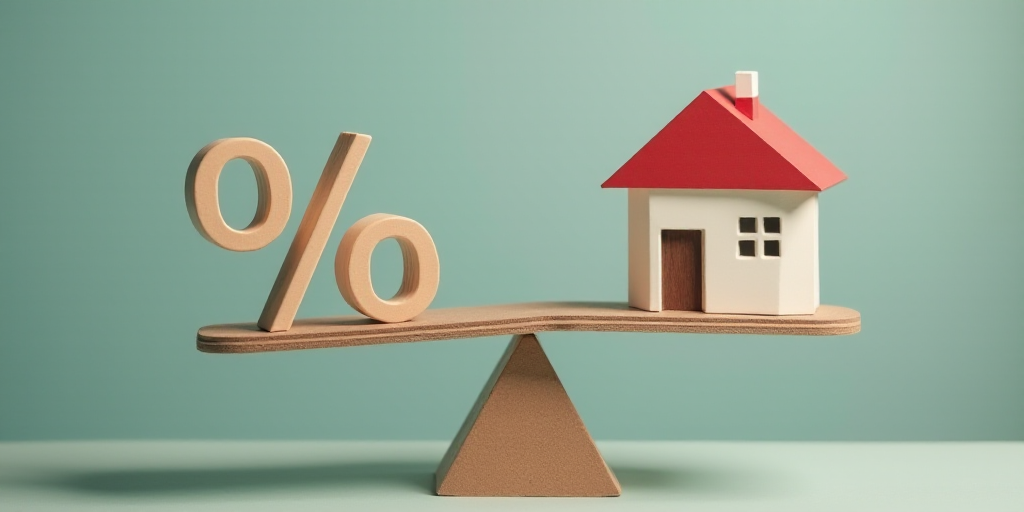External Factors Affecting Interest Rates
When seeking financial products, whether for consumption, revolving credit, purchasing a car or house, or addressing emergencies, one of the primary considerations is the interest rate. This annual percentage charged on borrowed money significantly influences credit selection based on repayment capacity.
While it may seem that banks or financial institutions arbitrarily set interest rates based solely on a borrower’s credit history, understanding the factors influencing these rates can help you secure loans at lower costs and choose optimal times for loan applications.
Economic Conditions
Banks and financial entities offering credit products are sensitive to certain economic conditions. These conditions can either cheapen or increase the cost of loans.
Elizabeth Mondragón, spokesperson for the crowdfunding platform Yotepresto.com, explained that the reference interest rate set by Banco de México (Banxico) plays a crucial role in determining the cost of money.
“Many people don’t understand what it means when Banxico raises or lowers the interest rate. Financial institutions take this reference rate and adjust their product interest rates accordingly, sometimes increasing or decreasing them based on market behavior.” – Elizabeth Mondragón, Yotepresto.com spokesperson
Experts also assert that inflation can influence the behavior of commercial bank interest rates. To counteract the loss of purchasing power, lenders may raise interest rates, known as the inflation premium.
Unusual Offers
Be cautious of loan offers with annual interest rates near 0% or significantly lower than the market average, as these may be misleading.
Borrower-Dependent Factors
Your past behavior in formal credit products and existing debts with service companies (e.g., telephone) impact your credit history.
“If you consistently pay on time or have occasionally been late with credit card or personal loan payments, your credit score might be around 600. However, if you frequently miss payments, your score could drop below 550.” – Elizabeth Mondragón, Yotepresto.com spokesperson
A credit score below 550 is considered poor; between 550 and 600 is fair; above 600 and below 700 is good; between 700 and 750 is excellent; and above 750 grants access to any credit product with preferential conditions, as these cases are considered exceptional.
Additionally, factors like age and job stability can influence the perceived risk by financial institutions.
Existing customers with other financial products from the same bank often receive preferential interest rates.
Tools for Comparison
To find the ideal loan with an interest rate matching your needs and financial capabilities, comparison is key. Various tools can assist in this process:
- National Commission for the Protection and Defense of Financial Services Users (Condusef): Offers different calculators to understand the conditions offered by traditional banks for various loan types.
- Banks, Fintech Companies, and Other Financial Entities: Provide credit simulators for better access to information before taking out your first loan.
Remember that interest rate is not the sole factor to consider when obtaining credit. Future articles will explain the components of the Annual Cost Total (CAT).






